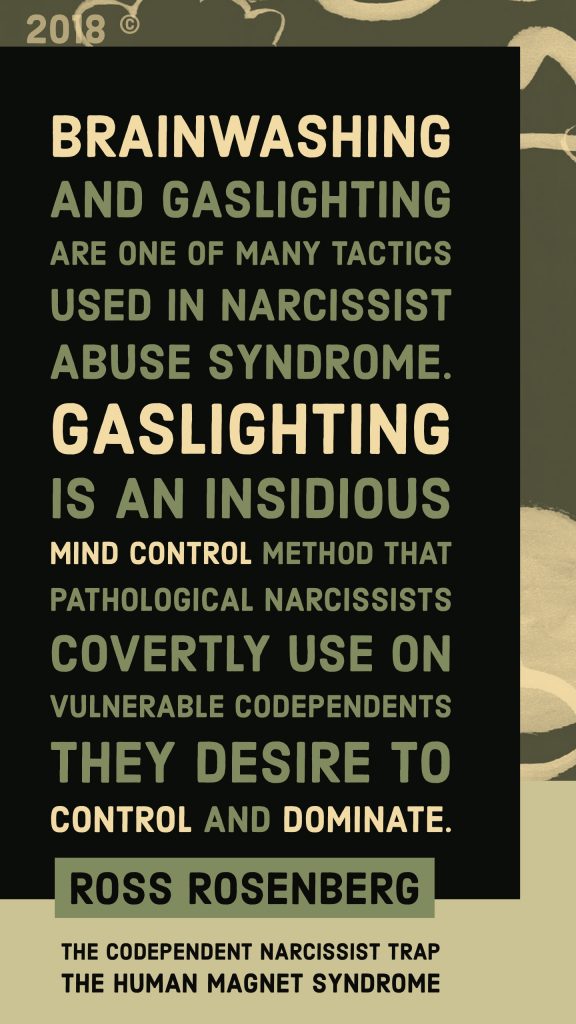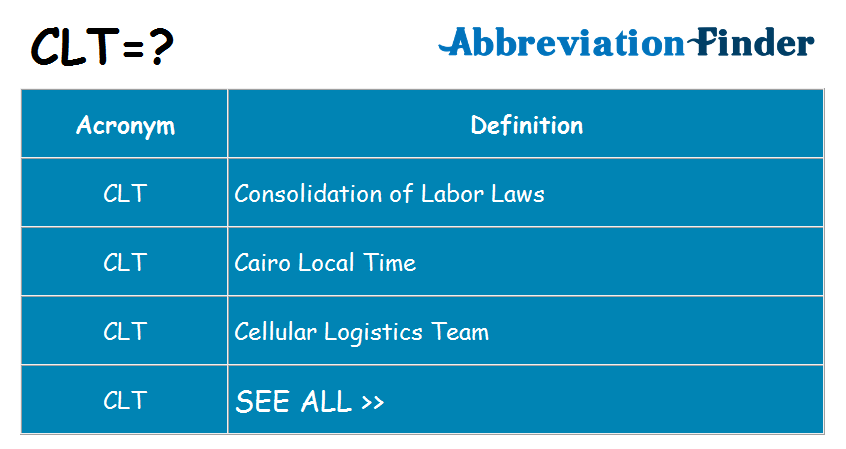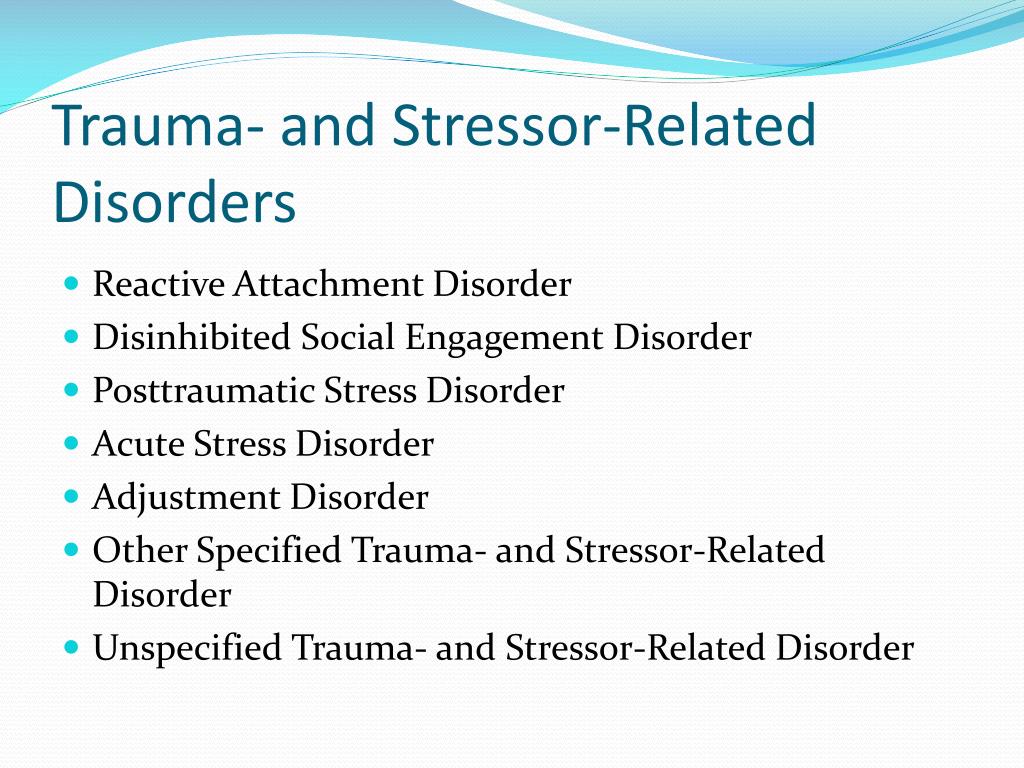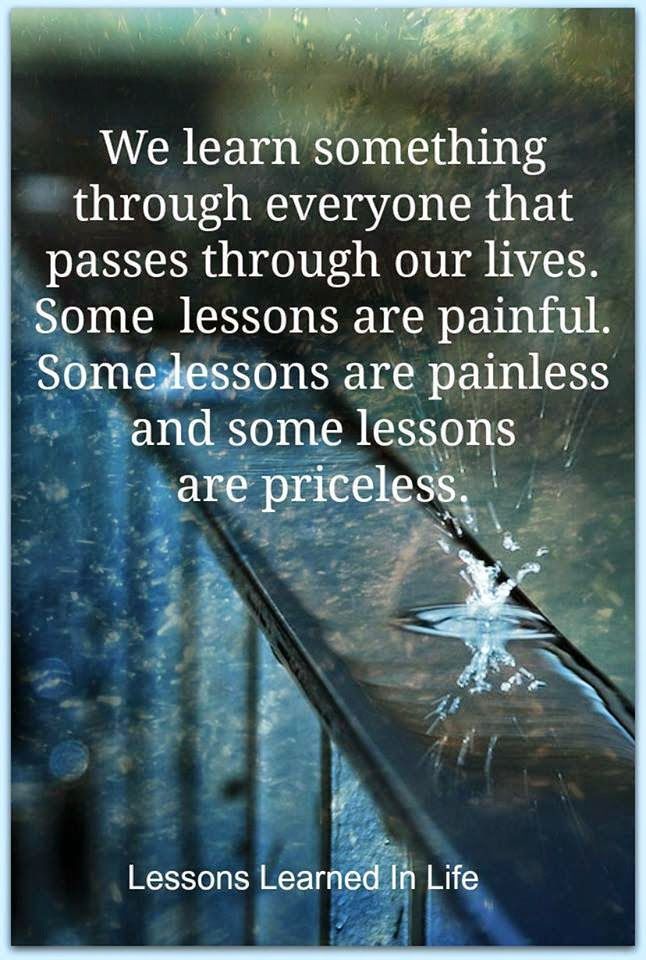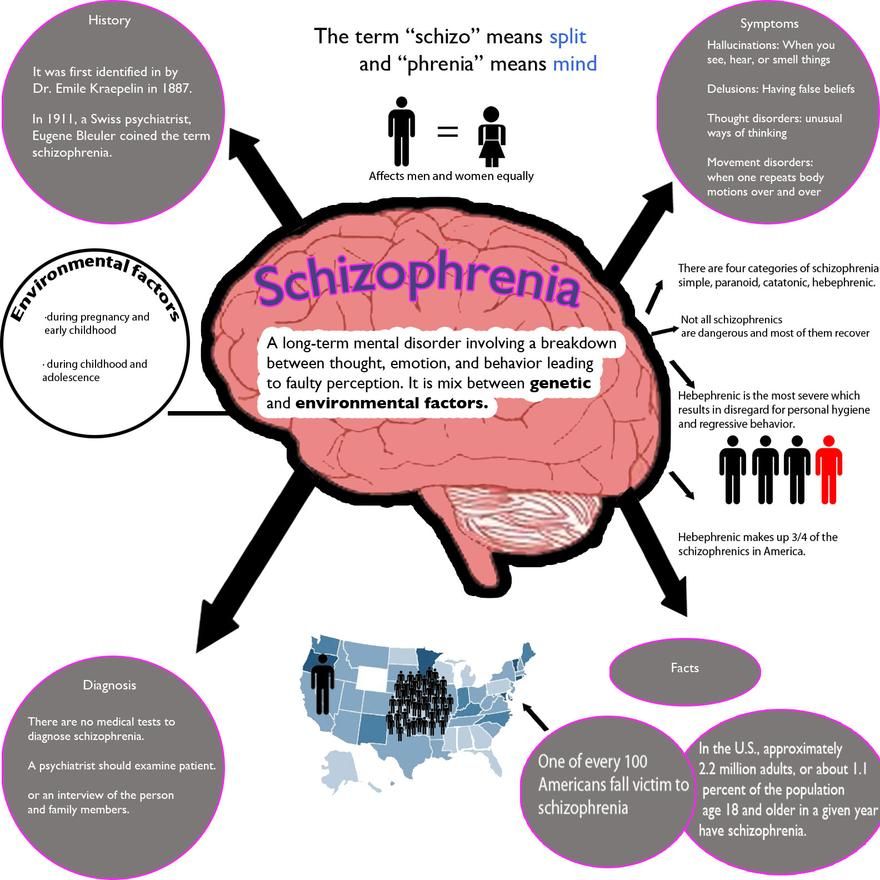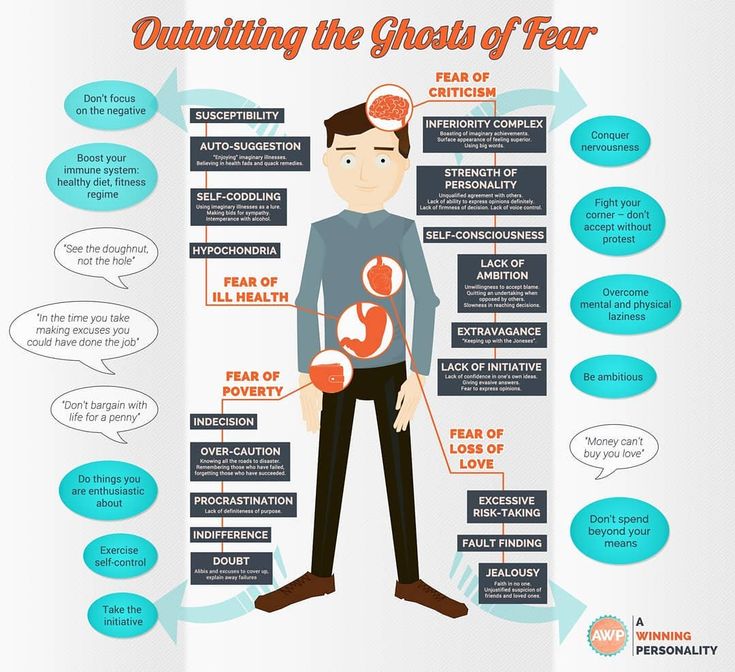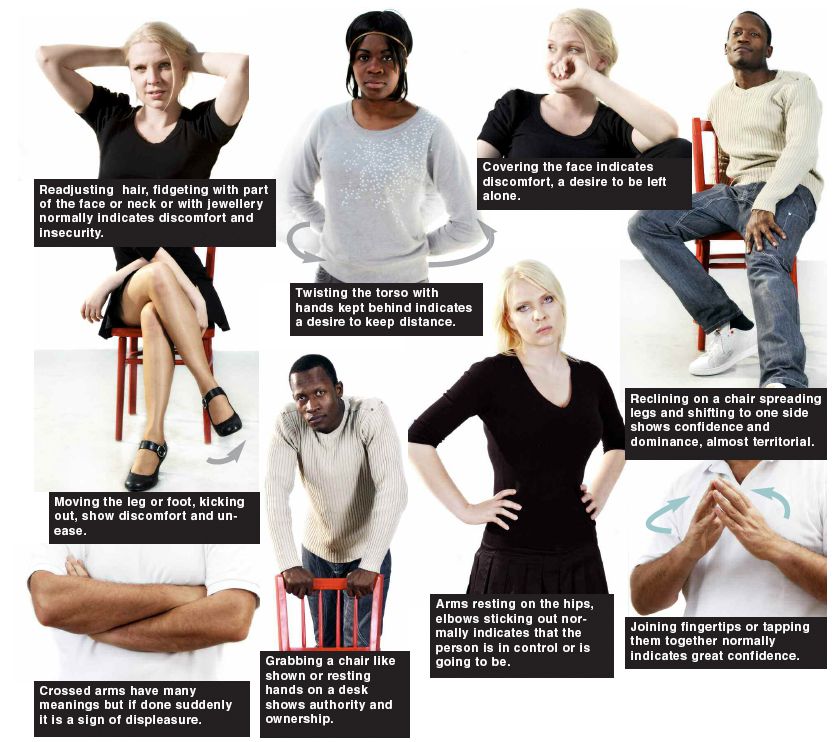Codependent narcissist trap
Codependency - Narcissist Trap | New Life Counseling
It’s a Trap!
Understand the connection between a codependent and narcissist. Learn the trap codependents walk into over and over again. It’s a difficult trap but it’s possible to break free.
What is Codependency?
Codependency is defined by the Webster Dictionary as excessive emotional or psychological reliance on a partner, typically one who requires support on account of an illness or addiction.The term “codependent” is typically identified with Alcoholics Anonymous describing how family members or loved ones interfere in the recovery process by over helping or overprotecting.
Basic signs of a codependent person are someone who feels responsible for other people’s feelings, problems, and behaviors to the point of ignoring their own. Codependents in general, are willing to sacrifice their emotional, mental, and physical health in order to take care of their loved ones.
Codependency, however, does not just happen to those who love someone struggling with addiction. Individuals can become codependent for a variety of reasons. Because codependents are described as people pleasers and have fixer personalities, they are a perfect complement to someone who prefers to take the role as a taker and a controller.
In walks the narcissist…
“Because feeling needed is mistaken for being loved, they experience a wealth of distorted “love” in relationships with narcissists.”
Ross rosenberg
What is Narcissism?
Narcissism is typically defined as the opposite of codependency.
A narcissist is excessively involved with self, as someone who feels entitled to place their own feelings, needs, and desires above anyone else in their life, and who lacks compassion or empathy for other people.Narcissists and codependents may seem like polar opposites, but they share the same core symptoms, including:
- Denial
- Shame
- Lack of proper boundaries
- Feel the desire to control others or
- Dependency on others in order to feel validated or to feel that they have purpose
While the narcissist appears to be completely self-centered, in reality the opposite is true. The only thing that separates them from the codependent (although most codependents do not share the same characteristics as the narcissist) is their basic lack of empathy and their sense of entitlement. Narcissists and codependents initially appear to be warm, charming, and caring in the beginning of the relationship. The agenda behind this behavior for the narcissist is to gain favor, the codependent seeks to pour into the other person. Because of this, it is easy to see why codependents and the narcissist are a match made in misery.
The only thing that separates them from the codependent (although most codependents do not share the same characteristics as the narcissist) is their basic lack of empathy and their sense of entitlement. Narcissists and codependents initially appear to be warm, charming, and caring in the beginning of the relationship. The agenda behind this behavior for the narcissist is to gain favor, the codependent seeks to pour into the other person. Because of this, it is easy to see why codependents and the narcissist are a match made in misery.
The codependent easily falls for the trap the narcissist sets to gain attention using their charming nature. Then, the narcissist is immediately enamored by what the codependent offers them, complete control.
The codependent will willingly sacrifice boundaries, goals, personal happiness, personal goals, and desires in order to please the narcissist. All while the narcissist lavishes in the feeling of attention and feeling of being everything to the codependent.
The Complete Trap
Once the narcissist has won over the codependent, or the other way around, the narcissist sees no further need to be charming. Their trap has worked, they have won over the love, affection, sacrifice, and care of the codependent. The narcissist feels entitled to them.
The codependent now finds themselves in an all-too-familiar situation… craving the love and attention the narcissist showered on them in the beginning, that they will likely never experience again.
The narcissist has moved into the abuse cycle (idealization, devaluing, and discarding). The more the codependent craves the love and attention the more they try to save or win back or even recreate the relationship they have always wanted. Thus, leaving the narcissist receiving attention they want and need without having to do anything in return.
So how does a codependent escape this trap?
First, as a codependent you must see that ending the relationship is an option.
You are not a failure because you were unable to “win” the love of the narcissist.
You are not a failure because you were unable to “win” the love of the narcissist. Saving the relationship is not your “job.” It is not your responsibility. The narcissist will see the codependent as valuable only as long as the codependent is willing to continue sacrificing their own boundaries to please them. They will continue to string the codependent along and give them just enough attention to keep their hope alive. This means that is up to you to end the relationship.
Working on issues such as low self-worth, ability to handle being alone, learning the difference between healthy and unhealthy relationships, are all ways that the codependent can find the courage to end the the relationship.
If you believe that any of this applies to you, do not wait until you are at your breaking point to become willing to consider ending the relationship, or seek professional help.
Seek professional help now or attend some sort of psychotherapy support group such as Codependents Anonymous. There you can learn how to set healthy boundaries and understand that the only way you will ever find or create the relationship you want and know deep down you deserve, is by doing the healing work necessary to love yourself enough to end and never get into another dysfunctional relationship again.
The codependent-narcissist trap is easy to fall into and difficult to get out of, however us codependents can break free if we are willing to ask for help and do the hard but necessary work to learn how to love and value ourselves.
Jessica Pottorff, MS, CADC
Our newest Intern and receptionist, Jessica is a certified alcohol and drug counselor and is now pursuing her licensed mental health counselor credentials. Please use the contact form if you would like to schedule a session with her.
Jessica is passionate about working through codependency issues, guilt and shame, and spiritual issues and allows God and Scripture to empower clients to see their potential and to find their identity in Christ. Jessica is authentic and builds rapport quickly with her clients by being personable, compassionate and Christ-centered. She has a passion to help people develop a deeper relationship with God as they pursue wholeness in all areas of their lives.
Jessica is authentic and builds rapport quickly with her clients by being personable, compassionate and Christ-centered. She has a passion to help people develop a deeper relationship with God as they pursue wholeness in all areas of their lives.
Escaping the Codependent-Narcissist Trap - Wake Up Recovery
One definition of a codependent is someone who feels responsible for other people’s feelings, problems, and behaviors to the exclusion of themselves. While this isn’t the only definition of codependency, codependents are, in general, willing to sacrifice their own emotional, mental, and physical wellbeing (and even safety) in order to sustain their relationships and take care of their partners and family members.
Of course, as the saying goes, it takes two to tango. It definitely takes two to be in a relationship. And, this type of pleaser/fixer personality is the unfortunate compliment for someone who prefers the role of taker/controller.
While I’ve spent a lot of time discussing the role codependency plays for those of us who are, or have been, in relationships with addicts, people with addictions are not the only ones who “latch on” to codependents or for whom codependents sacrifice themselves…
Codependents often find themselves in relationships with people on the narcissist personality spectrum.
Narcissism is often defined in terms of being the opposite of codependency. A narcissist is said to be someone who is excessively involved with his or her self, who feels entitled and places his or her own feelings, needs, and desires above those of anyone else in a relationship, and who lacks compassion and empathy.
Interestingly, while narcissists and codependents are often seen and defined in these opposing terms, narcissists share many of the same core symptoms as codependents, including denial, shame, dysfunctional boundaries, and a need to control others and dependency on others for validation. In other words, most narcissists can also be classified as codependents, though the opposite is not true (most codependents do not share the characteristics of narcissists). In fact, about the only things separating narcissists from codependents are narcissists’ lack of empathy and sense of entitlement.
Given all of this, it becomes much easier to see why codependents and narcissists often become involved in relationships with one another…
A Match Made in MiseryBoth narcissists and codependents can appear extremely warm, charming, and caring at the outset of a relationship – the narcissist in order to gain appreciation and favor, the codependent to lavish attention.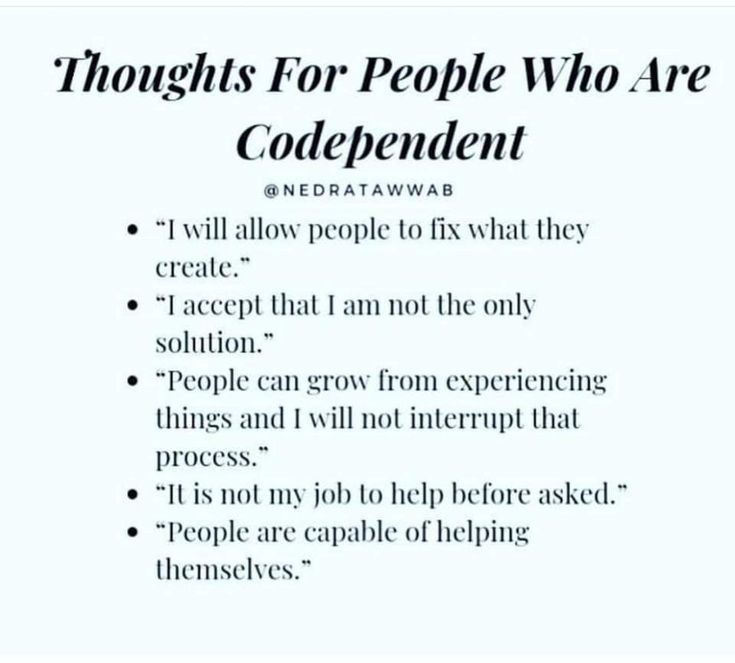
While the codependent can easily “fall” for the narcissist’s attention and charms, the narcissist can quickly become enamored with what the codependent offers, namely complete control of the relationship.
The codependent willingly sacrifices boundaries, personal desires, goals, and even personal happiness in order to pursue and please the narcissist, who loves the attention and the feeling of being everything and all things to the codependent.
Unfortunately, this initial fairy tale is actually a trap that is doomed to end in misery…
Once the narcissist has “won” the codependent – although it can be just as “fair” to say, “once the codependent has ‘won’ the narcissist” – the narcissist no longer feels his or her initial charm is necessary. Having gotten the codependent’s love, affection, sacrifice, and care, the narcissist now feels entitled to them.
Of course, the codependent now finds himself or herself in an all-too-familiar situation…
While the codependent desperately craves the love and attention the narcissist initially showered upon him or her, he or she will likely never experience it again.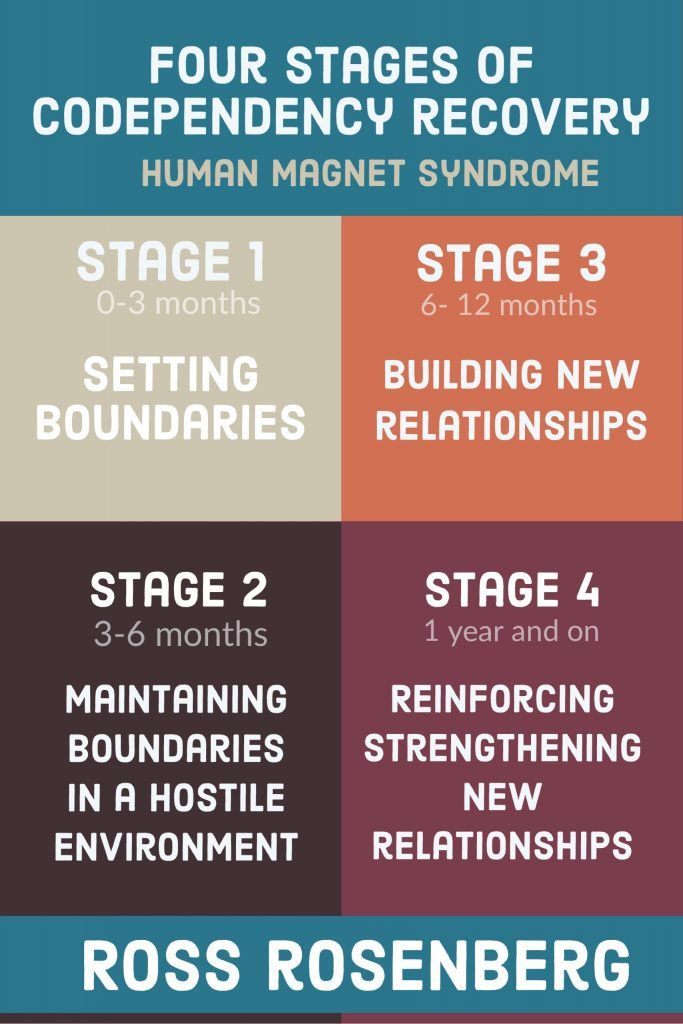 The narcissist has already moved on to his or her next conquest. And, the more the codependent tries to save or win back or recreate the relationship that he or she has always wanted, the more attention the narcissist receives from the codependent without having to give anything in return.
The narcissist has already moved on to his or her next conquest. And, the more the codependent tries to save or win back or recreate the relationship that he or she has always wanted, the more attention the narcissist receives from the codependent without having to give anything in return.
Codependents don’t typically see ending the relationship as an option, if only because they’d see doing so as a failure, and a personal failure at that. Remember, saving the relationship is the codependent’s “job” … The codependent sees it as his or her responsibility. The narcissist, finding it valuable to keep someone around who’s willing to sacrifice his or her boundaries and self to please the narcissist, will continue to string the codependent along and give them just enough attention to keep the codependent’s hope alive.
Since the narcissist lacks empathy and sees nothing wrong with his or her own behavior, the narcissist has little reason to change.
This means it’s typically up to the codependent to end the relationship. But, due to codependents’ lack of self-esteem, the thought of being alone is often worse than the thought of remaining in an unhealthy, one-sided, loveless relationship. There’s the trap.
Wake Up Recovery Member Extra
Access all 10 modules of the Wake Up Recovery program from your WUR Member Dashboard – including lessons on increasing your sense of worthiness, evolving your perceptions, living a life of authenticity, and how to let go of resistance and attachments – plus the ongoing support you need to overcome your codependent traits, transform your recovery, and create the relationships and life you desire!
Not a Wake Up Recovery member? Click here to learn more about the Wake Up Recovery Program & Community and become a member today!
It’s often not until the codependent reaches some sort of breaking point that he or she becomes willing to even consider ending the relationship, let alone seek professional help. But some sort of professional counseling or psychotherapy – as well as the support of a group such as Codependents Anonymous or that provided here at Wake Up Recovery – is almost always necessary for codependents to learn how to set healthy boundaries and understand that the only way they’ll ever find or create the relationship they know deep down inside is possible is by doing the healing work necessary to love themselves enough not to get involved in another dysfunctional relationship.
But some sort of professional counseling or psychotherapy – as well as the support of a group such as Codependents Anonymous or that provided here at Wake Up Recovery – is almost always necessary for codependents to learn how to set healthy boundaries and understand that the only way they’ll ever find or create the relationship they know deep down inside is possible is by doing the healing work necessary to love themselves enough not to get involved in another dysfunctional relationship.
The codependent-narcissist trap is not an easy trap to get out of, but us codependents can break free… As long as we’re willing to ask for help and do the work necessary to learn how to love ourselves!
Have you found yourself in dysfunctional relationships with takers/controllers? Are you still in one? If so, what’s keeping you in that relationship? And, if you’ve escaped the trap, what did it take for you to do so? Be sure to share your thoughts and questions using the comment section below so we can all learn from and help each other…
8 symptoms of the Dependent (Narcissus)
In a codependent relationship, a couple consists of a "codependent" and a "dependent". Since the addict has narcissistic traits in himself, then in the future in the article we will use the term - NARCISS . To determine whether you are a "codependent" or "dependent" (Narcissist), you can read the article 12 Symptoms of Codependency. Are you in a codependent relationship?
Since the addict has narcissistic traits in himself, then in the future in the article we will use the term - NARCISS . To determine whether you are a "codependent" or "dependent" (Narcissist), you can read the article 12 Symptoms of Codependency. Are you in a codependent relationship?
When you meet a dependent person (Narcissus), you need to understand that you are meeting an egocentric. By example, we describe Narcissus in a hypertrophied form. You can meet a lesser or more egocentric, but the Narcissist is the person around whom the world revolves. The codependent serves the dependent. Usually (90%) of narcissists are men.
Narcissists love to pretend. Despite the fact that they mostly adore wide and spectacular gestures, all their actions are essentially deceptive. Narcissists love to invent beautiful stories about themselves, take pride in fictional achievements and exploits, and seem better than everyone else.
This article summarizes 8 of their favorite techniques for manipulating others:
1) "Intermittent stimulation" stops acting. At the same time, if food appears only occasionally, the rats will continue to press the button with enviable persistence in the hope that at one fine moment the food will still appear.
At the same time, if food appears only occasionally, the rats will continue to press the button with enviable persistence in the hope that at one fine moment the food will still appear.
Narcissists are very good at this technique - their behavior is completely unpredictable and inconsistent. All those “bonuses” that they bestow on others (praise, attention, money, opportunities) are designed only to further confuse you. Periodically, they may compliment you, do you a favor, give you their precious attention and time...
And you will exaggerate the value of these "bonuses" simply because they are rare. Moreover, like a traveler in the desert, you will experience "thirst" for these signs of attention, exaggerating their value. Especially if at the same time you are constantly criticized, ignored and humiliated.
2) False flattery
Narcissists are so greedy for flattery that they think that everyone around them is also constantly waiting for praise from them. They may tell you that you are unique, that only you understand them, or that only you know how to cheer them up.
They may tell you that you are unique, that only you understand them, or that only you know how to cheer them up.
In truth, their flattery is very out of touch with reality. Narcissists don't feel the need to spend their valuable time getting to know someone. You exist for them primarily as an object, as a potential opportunity, as a service that you can provide to them.
3) They keep you on a tight leash
Narcissists live in a world of extremes. They rarely give anything away for nothing. Almost any of their gifts "screams about the price."
When they give you something, be sure that very soon they will remind you of this gift. And you will have to render them some kind of service or give them something much more expensive.
4) False Praise
Narcissists crave praise but feel that it shouldn't be much. So don't expect them to appreciate you and start showering you with compliments. For example, if you decide to show them a new hairstyle, they may say something like: “Wow, look at her!”. And you will think for a long time what it was and whether it can be considered a compliment.
And you will think for a long time what it was and whether it can be considered a compliment.
Their praise and compliments are very often conditional. For example, they might tell you, “You did a great job, not like the last time you spent a lot of time, but you didn’t succeed.”
5) Low expectations
Narcissists often disappoint others, as a result, disappointment becomes the norm. And they only benefit from it. As people expect less of them, they get away with more.
6) Promise of patronage and protection
Narcissists try their best to convince you that their patronage, wealth, strength, charm, beauty or wit will protect you from danger.
Their goal is to make you addicted. They are like spiders that lure you into their web. However, the truth is that their patronage ends up costing you dearly.
The more you get close to narcissists, the more you depend on them, the more likely you are to be trapped by their exaggerated egos.
7) False Vulnerability
Not only do narcissists make you think you need them, they can also pretend they need you too.
They may say they cannot live without you. They do this to make you feel irreplaceable and to please your ego. What's more, they make you feel guilty if you don't love them back or if you think about leaving them.
Narcissists are extremely vulnerable. If others stop feeding their ego, it can easily collapse like a house of cards.
Their main gimmick is that they make you think you're completely unique. However, the truth is that they don't need you as a person. They just need someone who will constantly listen to their smug speeches and shower them with compliments. As soon as you decide to break this addiction, you will quickly be exchanged for someone else.
8) Electoral truth.
Narcissists often exaggerate. They tend to attribute their thoughts to the abstract majority. For example, you can often hear from them phrases like: "Yes, everyone knows it very well!", "Everyone agrees with this" or "Everyone does it. " Thus, they are trying to impose their own point of view on you, to force you to agree with it. Moreover, they often "omit" certain facts of their biography, which can undermine their reputation.
" Thus, they are trying to impose their own point of view on you, to force you to agree with it. Moreover, they often "omit" certain facts of their biography, which can undermine their reputation.
At the root of all these 8 tricks of narcissists lies their deep dissatisfaction with their lives. In particular, they are sure that:
- They vitally need the attention of others
- Nobody can be trusted
- They cannot afford to "lose"
They perceive the world as a hostile environment where everyone is trying to eat each other. Such a worldview, along with the belief in their “chosenness”, makes them constantly deceive themselves and others, plunge into the world of their own illusions.
However, now you know how not to fall for their bait. The main thing to remember is that you cannot change them. So stop playing their stupid games already.
If you have a predisposition to any addictions (food addiction, alcohol, drugs), you need to be extremely careful, because you can very easily get into a co-dependent relationship (this can apply not only to your personal life, but also to friendly, working relationships ). Getting there is easy, but getting out is very difficult. Be careful, dependent relationships are extremely dangerous, destructive and meaningless. In the end, you will be left empty.
Getting there is easy, but getting out is very difficult. Be careful, dependent relationships are extremely dangerous, destructive and meaningless. In the end, you will be left empty.
A co-dependent cannot be a narcissist. Syndrome of human magnetism [litres]
I've been asked countless times over the past ten years, mostly by co-addicts, "Can a co-addict be a narcissist?" Because the two disorders are opposites in almost every way, it is impossible to be both at the same time. The complex psychological dynamics of the codependent-narcissist relationship game cause psychologically manipulated codependents to believe that their needs, requests, and desires are less important or secondary to the more significant narcissistic ones. Even worse, they are forced to condemn themselves for not considering the needs of others, for being annoying and selfish when they ask for something that the narcissist usually deprives them of. They call themselves narcissists because they are victims of the narcissist's manipulations.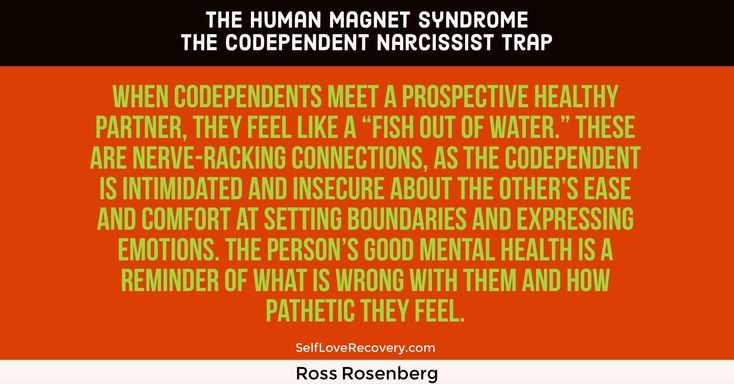 Some co-addicts get so tired of constantly projecting their own projections of narcissists onto them that they take on their image and identify with them. This is why so many overt co-dependents claim to be narcissists. Projective identification is a term that explains this phenomenon.
Some co-addicts get so tired of constantly projecting their own projections of narcissists onto them that they take on their image and identify with them. This is why so many overt co-dependents claim to be narcissists. Projective identification is a term that explains this phenomenon.
Because co-addicts lack confidence and a sense of personal and relationship-related self-sufficiency, they tend to resort to the psychological manipulation tactics that pathological narcissists use to assert power and control. One such form of psychological manipulation is gaslighting (a term coined by the 1944 film Gaslight), which will be discussed in Chapter 11. Gaslighting is a form of psychological manipulation, such as brainwashing, in which the victim is manipulated into doubting their memory, perception and sanity. The victims are unaware that they are being tricked into believing they have a problem that makes them helpless and in need of the person who created the problem.
Psychological gymnastics and brainwashing are behind the codependent's distorted belief that he himself is a narcissist. Codependents often believe that they are worthy of condemnation for their selfishness and narcissism if they seek to satisfy their own needs and desires. This no-win situation, or double trap, makes them feel selfish or narcissistic when they are defending themselves or trying to take care of themselves or anyone other than the narcissist. Because of these dysfunctional beliefs, they believe that they are good and loving when they sacrifice themselves, and bad, selfish and narcissistic when they seek satisfaction of their needs or show at least some measure of self-respect and love for themselves.
Codependents often believe that they are worthy of condemnation for their selfishness and narcissism if they seek to satisfy their own needs and desires. This no-win situation, or double trap, makes them feel selfish or narcissistic when they are defending themselves or trying to take care of themselves or anyone other than the narcissist. Because of these dysfunctional beliefs, they believe that they are good and loving when they sacrifice themselves, and bad, selfish and narcissistic when they seek satisfaction of their needs or show at least some measure of self-respect and love for themselves.
The simplest proof I can give to the confused codependent is that most narcissists will reject any claim that they are narcissistic and will not feel bad about it. Narcissists usually blame others for their problems, with little or no internal conflict about the harm they are causing to someone else. In contrast, codependents immediately blame themselves for mistakes and problems, no matter how guilty they are.